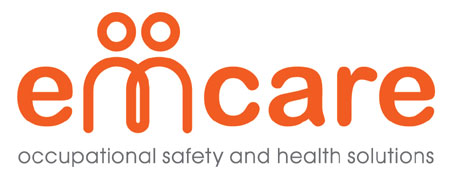Food Allergens
Approximately two million people in the UK suffer from food allergies. These allergies can produce very unpleasant symptoms, and it is estimated that they result in about 10 deaths per year in the UK. Of particular concern because it is so unexpected is that cow’s milk—a staple in many young people’s diets—is the leading cause of death from allergens in school-age children.1
Food businesses in the UK are legally required to inform customers of any of the 14 allergens that are ingredients in the food and drink they serve. These allergens are celery, cereals containing gluten (such as barley and oats), crustaceans (such as prawns, crabs and lobsters), eggs, fish, lupin, milk, molluscs (such as mussels and oysters), mustard, peanuts, sesame, soybeans, sulphur dioxide and sulphites (at a concentration of more than ten parts per million) and tree nuts (such as almonds, hazelnuts, walnuts, brazil nuts, cashews, pecans, pistachios and macadamia nuts).2
Institutions that care for others, such as care homes and schools, have a responsibility to protect those to whom they provide food. They must know of any food allergies or intolerances of those they serve, especially if these people cannot care for themselves. Being aware of allergens is imperative because they can be deadly.3
Each resident of a care home should have a “care record” that sets forth their dietary requirements and allergens. A process must also be in place for making sure that those who serve the food know of what is written on the care record.
Schools must devise a means of making sure kitchen staff know of students’ food allergies. This system could be having a student wear a coloured wrist band or having their photo along with a list of allergies posted in the kitchen.
All institutions should beware of any substitutions they receive from food manufacturers. These substitutions may appear to be the same product that was originally ordered, but the ingredients may include allergens that the ordered product did not.
An important part of food hygiene is an awareness of allergens. If your company serves food or beverages to people in its care, you certainly want to know about them and how to prevent allergic episodes and fatalities. To see Emcare’s food hygiene courses, click here.
Sources:
1https://www.imperial.ac.uk/news/215053/deaths-from-food-allergy-rare-decreasing/
2https://www.food.gov.uk/safety-hygiene/food-allergy-and-intolerance
3https://www.food.gov.uk/business-guidance/allergen-guidance-for-institutional-caterers



